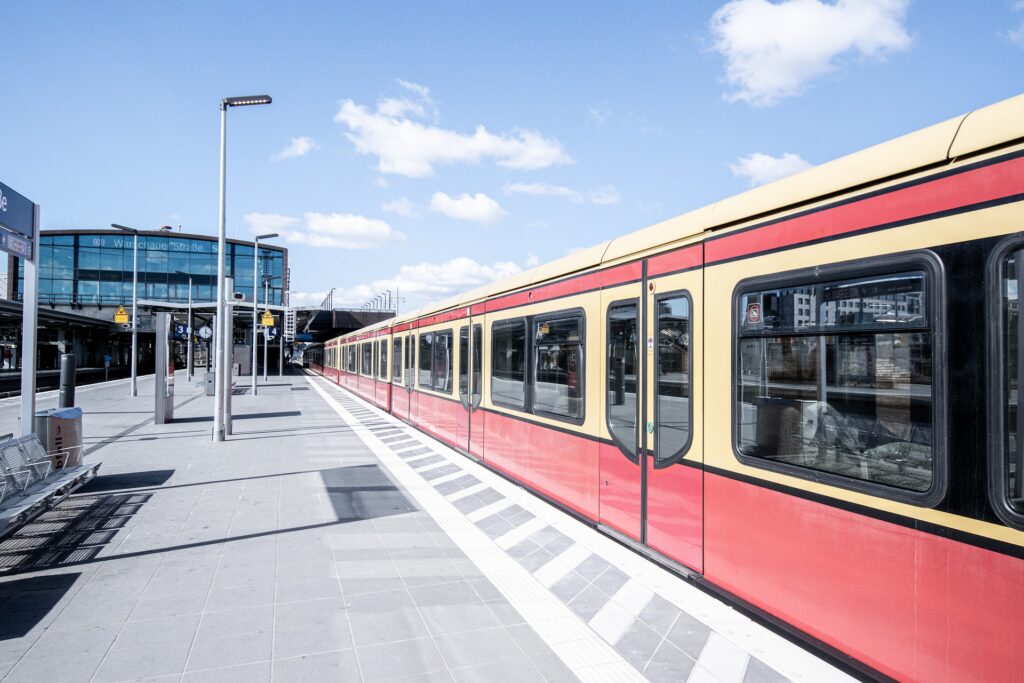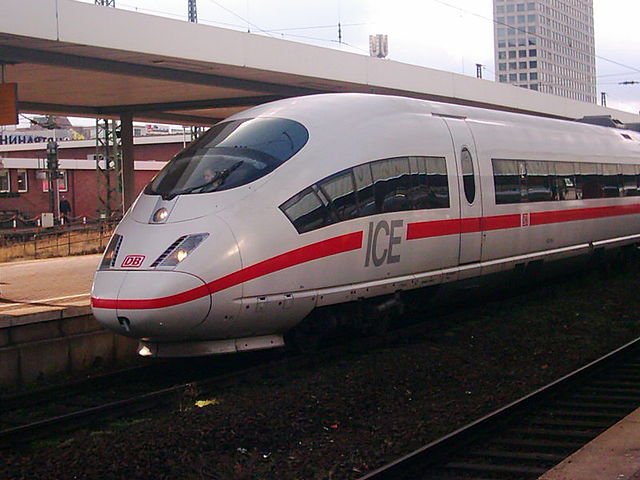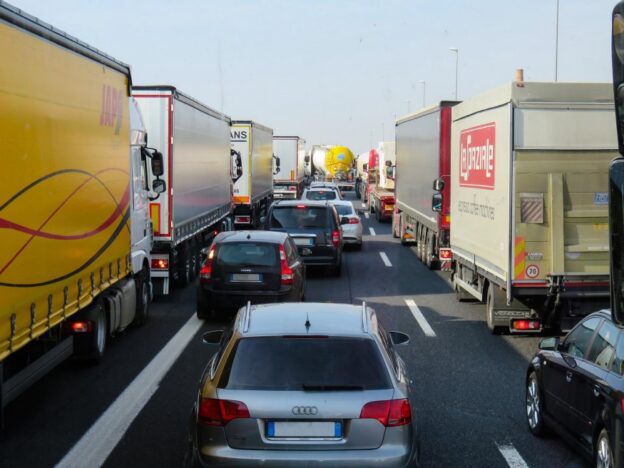If our leaders hadn’t demolished our public transit system in the name of profit

I should give our government a bit of praise for a change. The 9-Euro ticket is a very good initiative. The Sanctions on Russia give fossil fuel companies a windfall. Their profits are soaring. Meanwhile, many citizens cannot shoulder the burden of increased transport costs.
In response, our leaders came up with an idea. How about we give everyone access to very cheap mass transit in all of Germany. For a period of 3 months. From the beginning of the month, you can buy a monthly ticket for 9 Euros. The offer is valid for the next 3 months.
The ticket enables you to travel freely inside any German city you wish. And you can traverse the whole country if you rely on regional trains. For 9 Euros, that is an awesome deal. Subscribers like me get the discounted price automatically. I checked. Only 9 Euros were withdrawn from my bank account.
That is great for me. I already rely on mass transit for most of my transport needs.
The 9-Euro Ticket Reveals Broken Mass-Transit Infrastructure
It is a great initiative. And it could have the potential to get more people to take public transport permanently. That would be a win for sustainability. Vienna has proven that it is possible. There you can get an annual pass for 365 Euros. So you pay 1 Euro a day to travel freely. But there is a big difference between Vienna and most other German cities. Vienna has great public transport. One of the best in the world.
The same cannot be said for many German cities. And certainly not for the regional train network. After the privatization of the Deutsche Bahn, many regional train lines were closed down to favor profitable InterCity connections. Deutsche Bahn also reduced maintenance schedules. Especially for the city transport networks.
The Berlin S-Bahn, operated by Deutsche Bahn is the most unreliable of all public transport networks. In 2009, it was so bad, that the service was suspended for several weeks. The reason? Deutsche Bahn was preparing for a stock market flotation. To make the accounts look better to shareholders, they cut maintenance costs. Massive breakdowns were the logical consequence.
Deutsche Bahn also had issues in their IT infrastructure, when the sales started.
That is not a promising sign. Neither is the train accident of a regional train in Bavaria, which killed five people so far.

The Key to Sustainable Transport Is Not Just Cheap Tickets. It’s About Availability
DB’s own statistics show that German punctuality is a myth. DB applies statistical trickery. They don’t count canceled trains at all. A train is only delayed if the delay exceeds 6 minutes. Even then, they only manage to get 93% of trains on time.
The first real stress test of the 9-Euro ticket happened this Pentecost weekend. It ended in chaos.
Politicians and transport operators only focus on InterCity connections. That is a dead-end. The real backbone of a functional mass transit system is the regional train and bus service. What does it help, that I can travel freely and cheaply between Berlin and Hamburg? Nothing, if I cannot even get to Berlin in the first place. At least not if I happen to live 40 kilometers outside the city limits.
We need to solve the availability issue. Else, the 9-Euro ticket will have the opposite effect. It will scare customers away. And confirm their beliefs, that public mass transit is not an alternative to the car.
In essence, the 9-Euro ticket is a great idea. But poorly executed. This is not unusual for our leaders, who both lack competence and vision.




